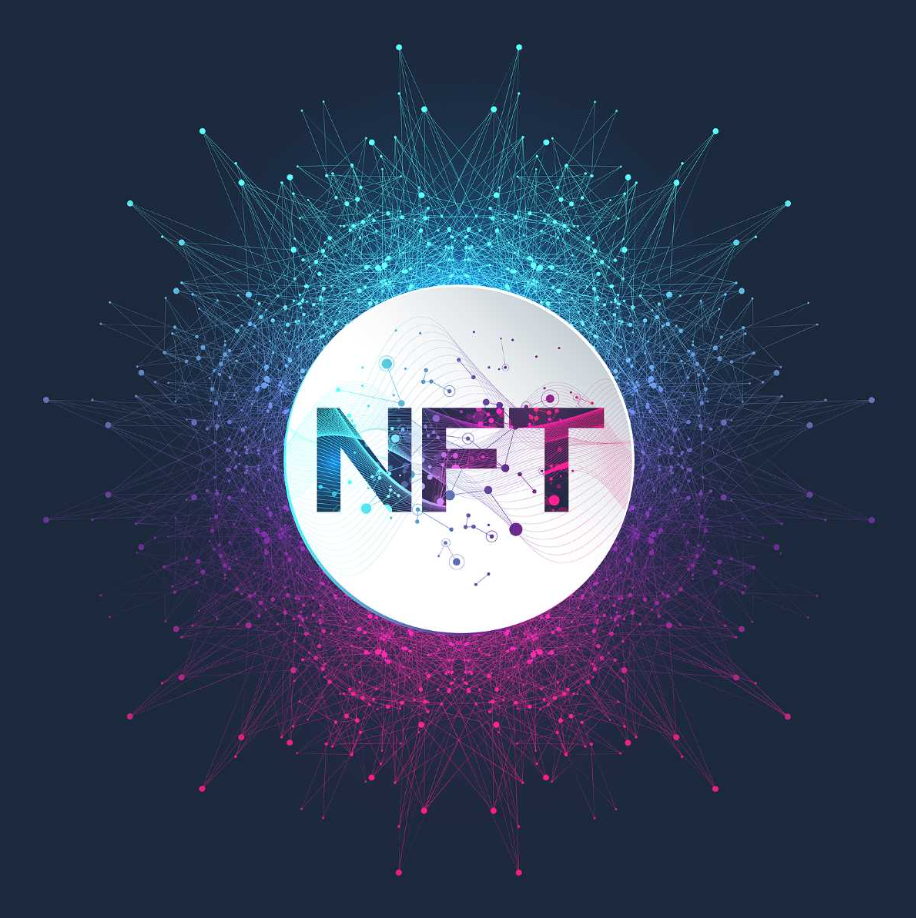Lightning Labs, the infrastructure firm behind the Lightning network, has unveiled a suite of tools that enables artificial intelligence (AI) applications, including OpenAI's GPT series, to send and receive bitcoin (BTC). This integration of Lightning's second-layer payment network with popular AI software libraries aims to reduce costs, expand use cases, and unlock new possibilities for AI development.
Announcing a new set of tools to build Lightning⚡and #bitcoin-powered AI products for a global audience.
— Lightning Labs⚡️🍠 (@lightning) July 6, 2023
Using L402, a standard for API authentication with LN payments, and @langchainAI, a simplified AI app framework, we are opening up #AI4All! 🤖🌎https://t.co/EQseanCurv
The AI industry experienced a surge in popularity following the successful launch of OpenAI's ChatGPT, an advanced chatbot that attracted over 100 million users within two months. However, one challenge faced by current large language models (LLMs), such as ChatGPT, is the lack of a native internet-based payment mechanism. This forces AI platforms to rely on outdated payment methods like credit cards, passing on the associated costs to end users and limiting the potential use cases and accessibility of AI software.
Enter Lightning, a second-layer payment network designed to facilitate faster and cheaper bitcoin transactions. Recognizing bitcoin as the internet's native currency, Lightning Labs has developed tools that seamlessly integrate high-volume bitcoin micropayments via Lightning with popular AI software libraries like LangChain. By incorporating Lightning into LLMs, software deployment becomes more cost-effective, and the range of possible use cases for AI expands significantly.
"We are in the realm of enabling use cases that weren't previously possible," stated Elizabeth Stark, CEO of Lightning Labs.
One intriguing use case proposed by Lightning Labs involves creating software that can charge for access to application programming interfaces (APIs). APIs enable different software components to communicate with each other. For instance, an AI software or agent could pay for API access to query another agent. Additional payments would only be processed after receiving a satisfactory response.
The post by Lightning Labs gives an example: "A user can sell a prompt by gating access to an API capable of responding to queries. Potential buyers can then ask their own local agent to evaluate the response given a set of criteria. If the agent approves of the response, then further responses can be purchased."
Despite the tremendous success of ChatGPT, Michael Levin, who leads product growth at Lightning Labs, believes that chatbots and their user interfaces (UIs) are just the beginning. He predicts that the majority of use cases will emerge in yet-to-be-discovered enterprise and software-as-a-service (SaaS) applications.
"Chat UIs are just the tip of the iceberg for LLM usage," Levin stated. "Ninety percent of use cases lie beyond this initial foray. The most useful products won't be chat UIs, but SaaS/Enterprise/API products built on LLMs to uniquely solve user problems."







